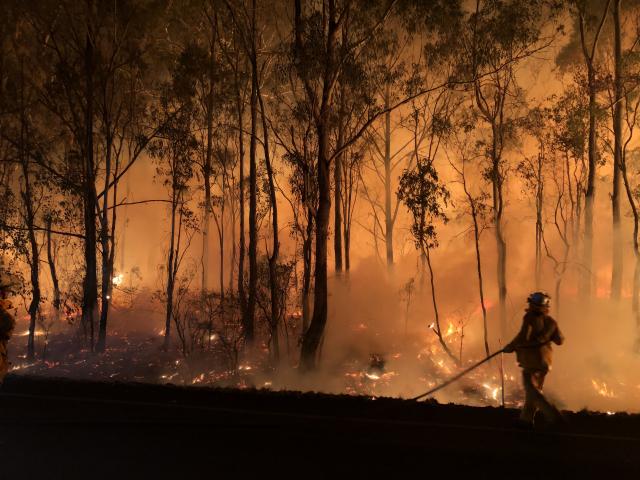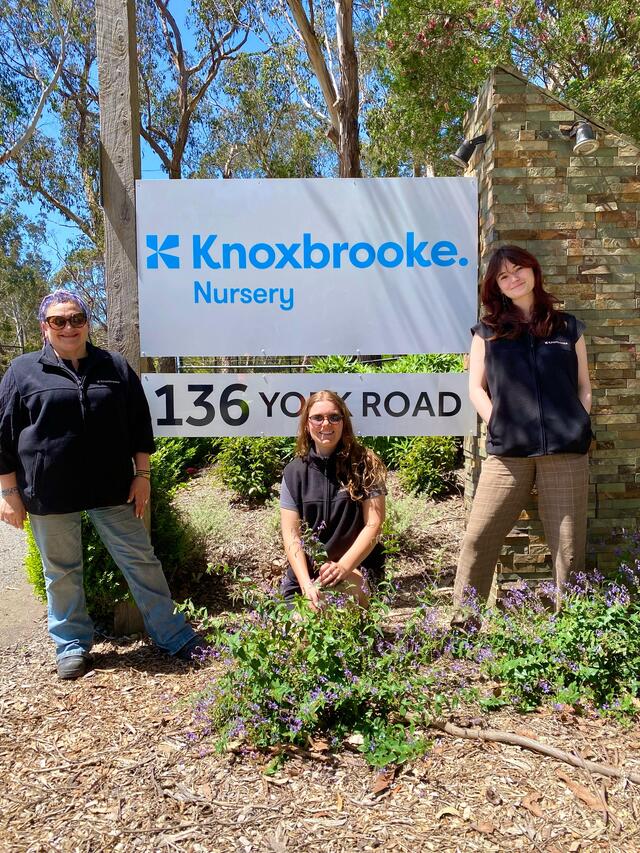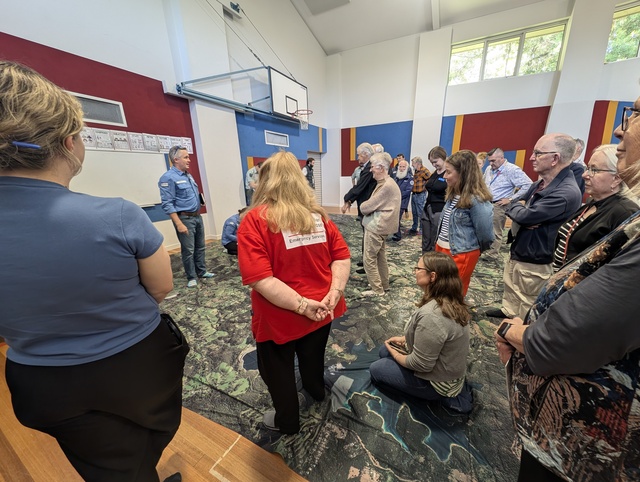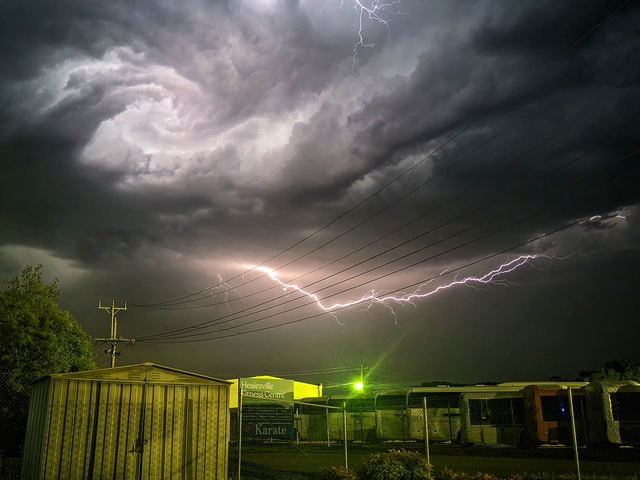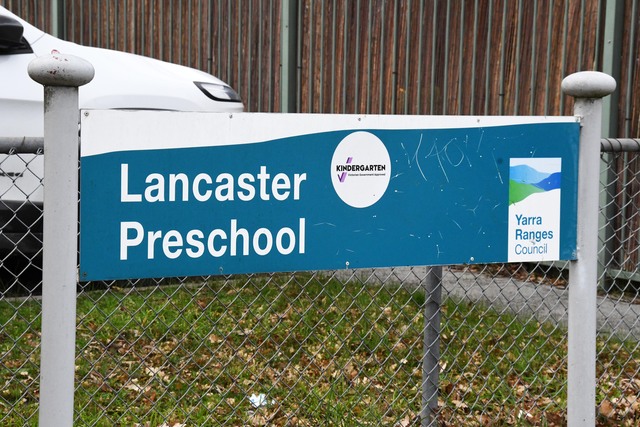“Weather conditions that drove the Black Summer fires will be FOUR TIMES more likely under forecast levels of global warming – that’s what we firefighters face if nothing is done,” said Wangaratta volunteer firefighter, Garry Nash, speaking as President of District 23 Council of Volunteer Fire Brigades Victoria.
Mr Nash was commenting on the recent CSIRO report showing that changes in weather due to global warming were the main driving force behind the escalation in Australia’s bushfires.
“Despite forecast summer rains, we know the long-term trend is clear”, said Mr Nash. “Climate change is bringing more intense fires, more often, and starting an average of 50 days earlier than 70 years ago”.
Mr Nash was launching a state-wide communication to CFA volunteers on the impact of climate change seeking their responses.
District 23 VFBV Council, representing CFA volunteers around Wangaratta, Benalla, Moyhu and Mansfield, is informing volunteer firefighters with the findings of a webinar it conducted earlier in the year.
The webinar heard from Bureau of Meteorology scientist Dr Lynette Bettio, cardiologist Dr Arnagretta Hunter, and economist and businessman Dr John Hewson.
From their respective areas of expertise, the presenters provided research data on weather, health, and economic effects of climate change so far, as well as projections into the future.
Dr Bettio concluded with the alarming finding that Australia’s warming over the next decade is already set by historical greenhouse gas emissions in the atmosphere.
Dr Hunter reported on research on the health effects on people when exposed to weeks of high temperatures, on their work, mental health, concentration and decision-making.
She said communities needed to look at what might happen with temperatures of 50 degrees.
John Hewson provided costs of recent extreme weather events, and projections of future costs, which he said far outweigh the costs of getting to net zero greenhouse gas emissions by 2050.
He was optimistic about Australia’s future provided that we complete the transition to renewable energy and the electrification of the transport fleet.
The VFBV consultation has commenced communication to all of Victoria’s District VFBV Councils, including a link to the actual webinar as well as a summary document, with a request to include all of its local CFA brigades to consider the webinar presentation, and provide feedback in early 2022.

